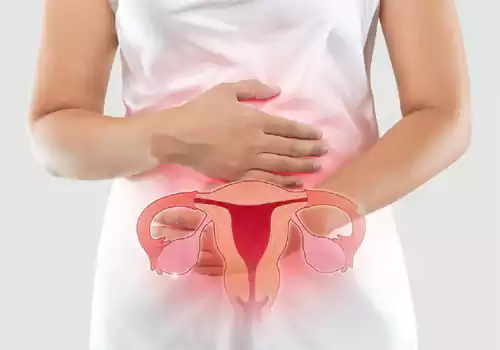Tips for Dealing with Acne
.jpg)
Tips to Deal with Acne, Dealing With Acne, Acne Tips, Acne Solutions, Tips Reduce Acne: Acne is mostly due to the way skin reacts to hormonal changes.
The skin contains sebaceous glands that naturally release sebum, an oily substance that helps protect it. During puberty, raised levels of the hormone testosterone can cause too much sebum to be produced. This happens in both boys and girls.
Treatments for acne
* Acne will usually go away on its own, but it can take many years. There are treatments that can help clear acne more quickly. Over the counter treatments can help with mild acne.
* Ask a pharmacist for advice on which treatment could help and how long you will have to use it. You may not see results for several weeks.
* If over-the-counter treatments don't help, treatments are available on prescription. Your GP can assess how bad your acne is and discuss the options with you. Don't be afraid to tell your GP how your acne affects your life and how it makes you feel. Mild, non inflammatory acne consists of whiteheads and blackheads.
* Treatments include gels or lotions that can contain retinoids (vitamin A), topical (applied to the skin) antibiotics, benzoyl peroxide (which is antibacterial) or azelaic acid.
* These medications, or a combination of them, can also be used to treat mild to moderate inflammatory acne, which has some pustules and nodules. It can take up to eight weeks before you see a difference in your skin, and treatment may need to be continued for six months.
* In women, contraceptive pills that contain oestrogen can help clear acne.
* If acne is severe, your GP can refer you to a dermatologist who may prescribe a stronger medication called isotretinoin (Roaccutane). Find out about acne treatments, including isotretinoin.




.webp)